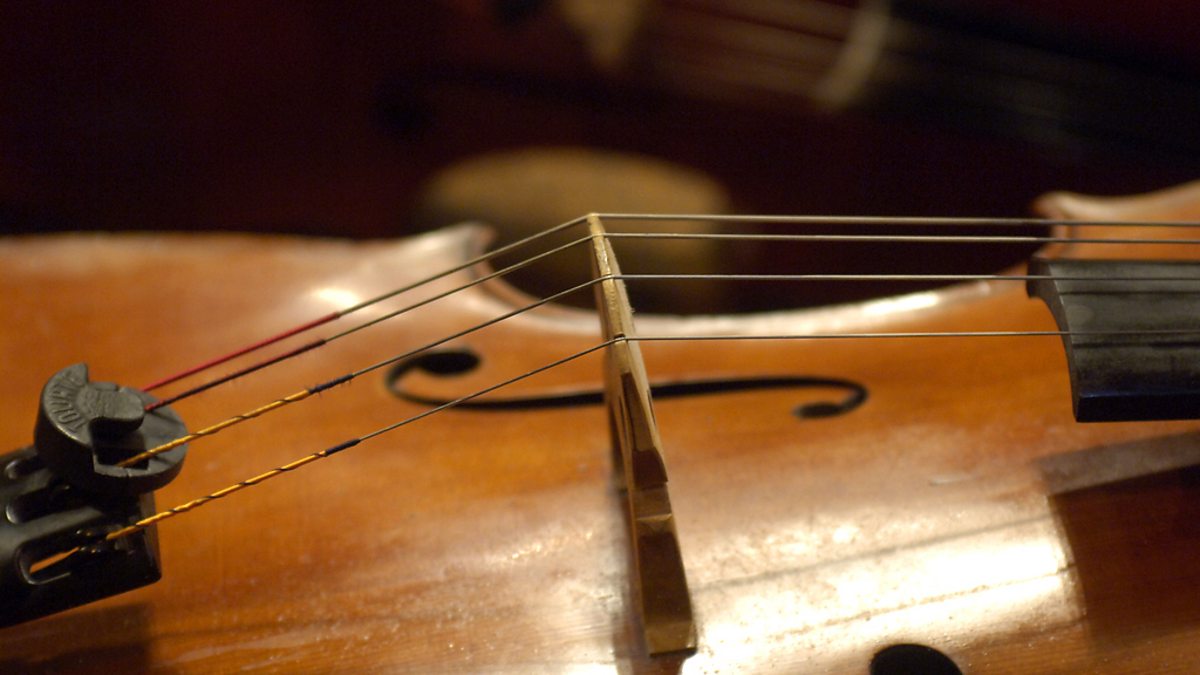For me, the "breakthrough piece" in which the full potential of this astonishing composer was first revealed. At the very least, it is the first significant work in the medium by a composer coming from the post-War "modernist" traditions - Maxwell Davies and Boulez notwithstanding - and opened new expressive possibilties for the String Quartet, possibilities followed up by subsequent works both by Ferneyhough himself and by later composers.
The work has been recorded twice; first by the Berne Quartet on RCA back in the early '80s and by the Ardittis a decade or so later. The Ardittis performance is the more accurate and they realize Ferneyhough's astonishing spectra of timbral and rhythmic subtleties with breathtaking fidelity, but the Berne performance has an "edge-of-seat" excitement of its own as the players slalom down the Cresta Run of the notes. The broadcast this Saturday is given by the Diotima Quartet, the French ensemble who have taken up the mantle of the Ardittis both in their programming, and in their totally Musical performances of "complex" modern scores. They have their own way with this Music: generally "warmer", more "lyrical" (wrong words, suggesting a lack of warmth and lyricism from the Arditti performances, which ain't the case!) and they were recorded at February's magnificent "Total Immersion" weekend.
The work has been recorded twice; first by the Berne Quartet on RCA back in the early '80s and by the Ardittis a decade or so later. The Ardittis performance is the more accurate and they realize Ferneyhough's astonishing spectra of timbral and rhythmic subtleties with breathtaking fidelity, but the Berne performance has an "edge-of-seat" excitement of its own as the players slalom down the Cresta Run of the notes. The broadcast this Saturday is given by the Diotima Quartet, the French ensemble who have taken up the mantle of the Ardittis both in their programming, and in their totally Musical performances of "complex" modern scores. They have their own way with this Music: generally "warmer", more "lyrical" (wrong words, suggesting a lack of warmth and lyricism from the Arditti performances, which ain't the case!) and they were recorded at February's magnificent "Total Immersion" weekend.



 . Ferneyhough would have had quite a strong, *independent* modernist movement in this country to springboard from by 1967 - he wouldn't have needed to refer to BB or RVW.
. Ferneyhough would have had quite a strong, *independent* modernist movement in this country to springboard from by 1967 - he wouldn't have needed to refer to BB or RVW.
Comment